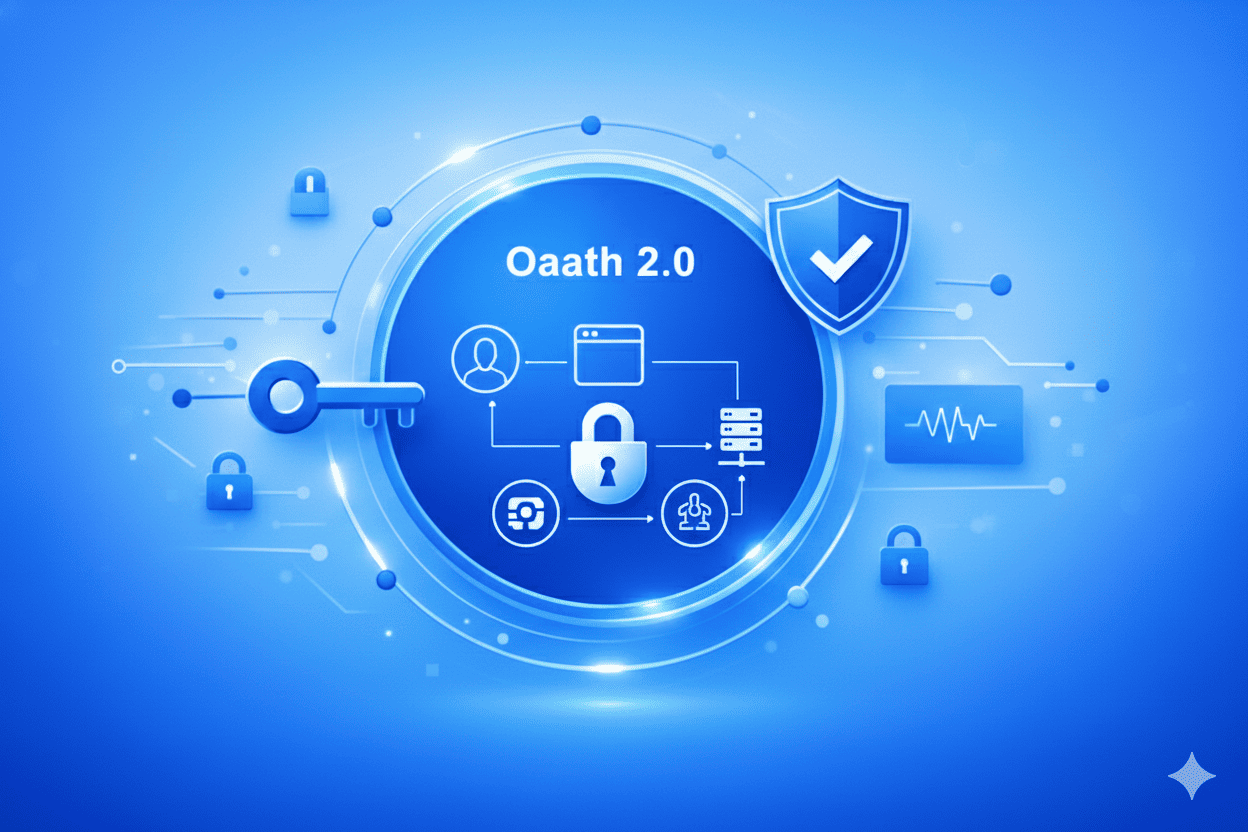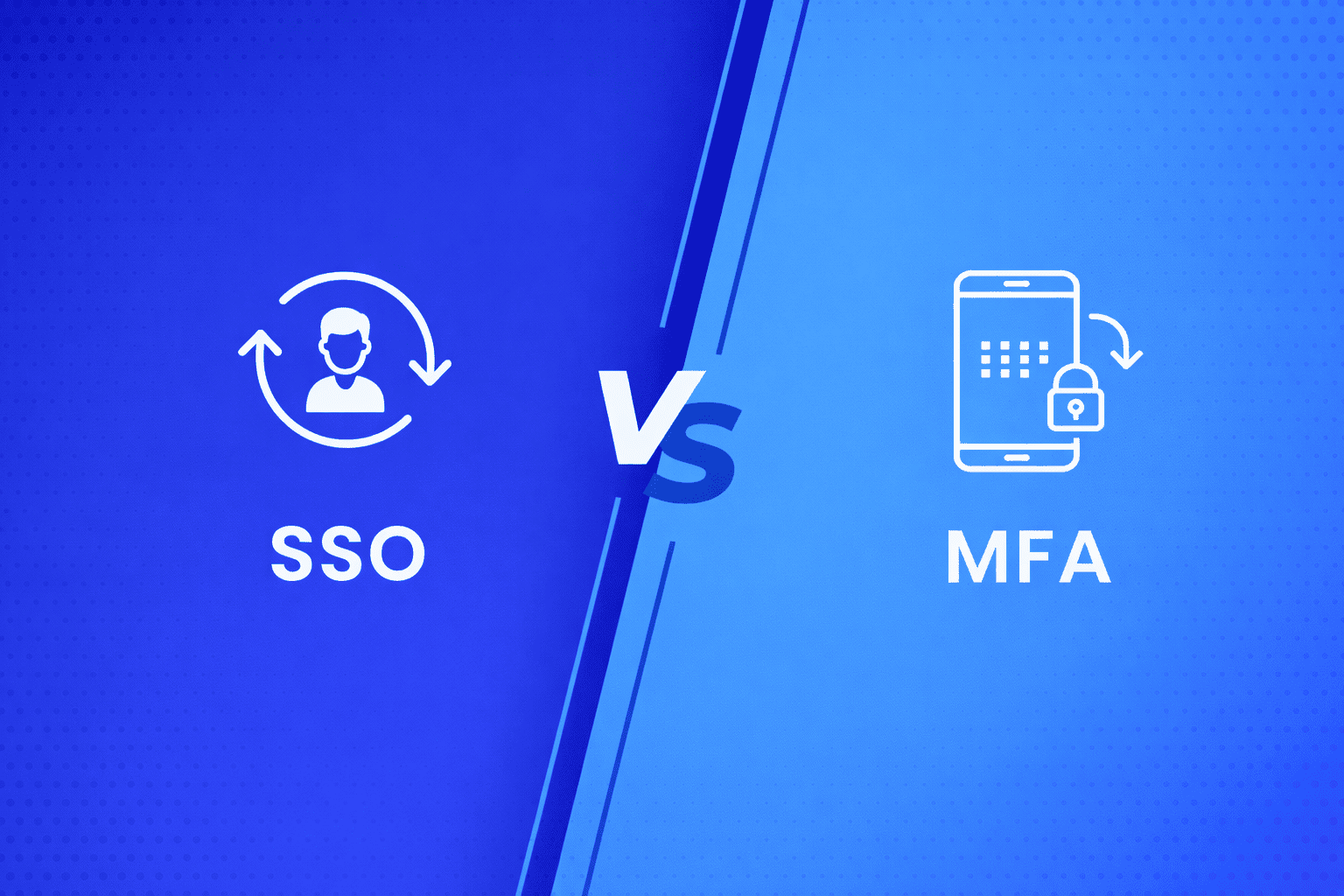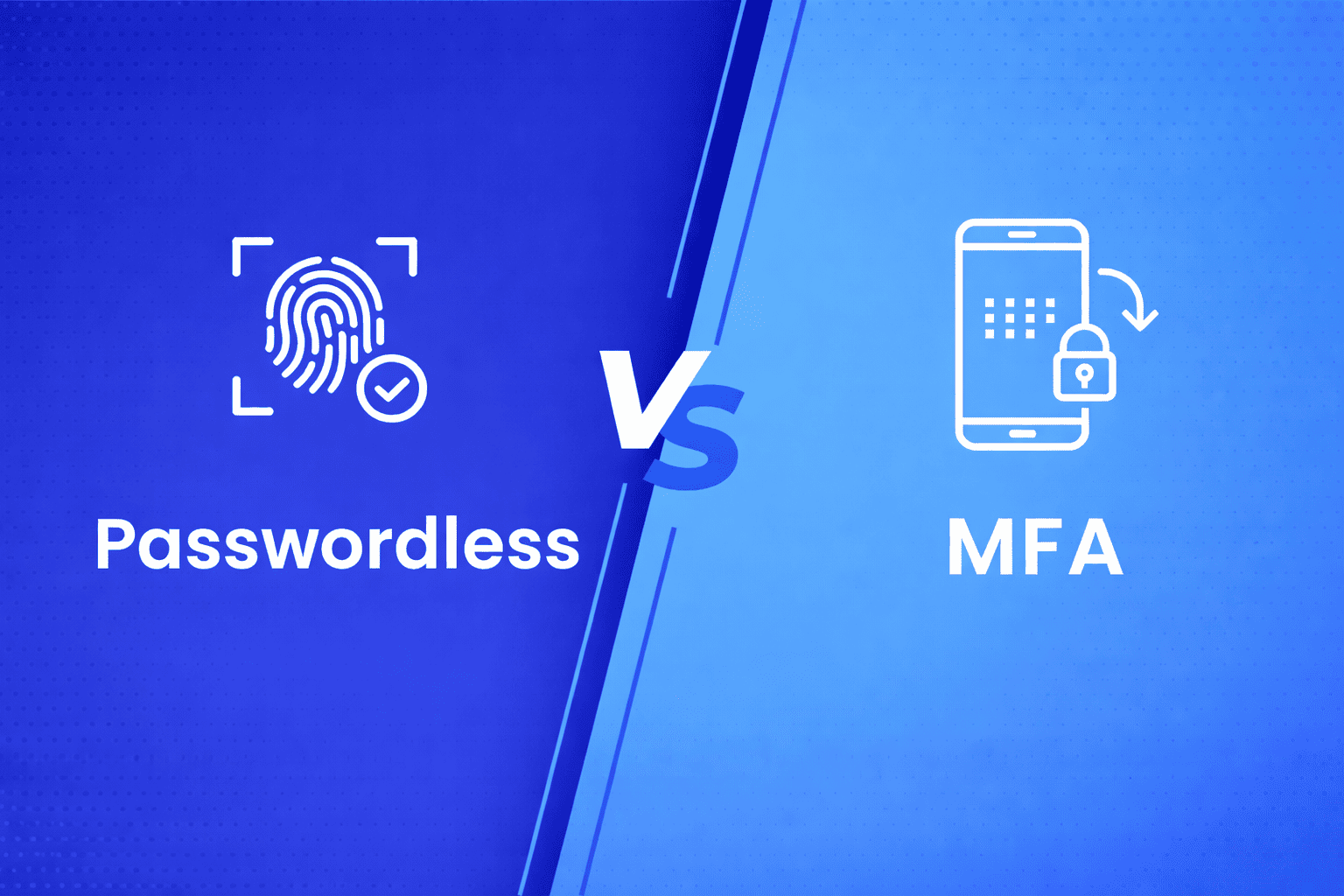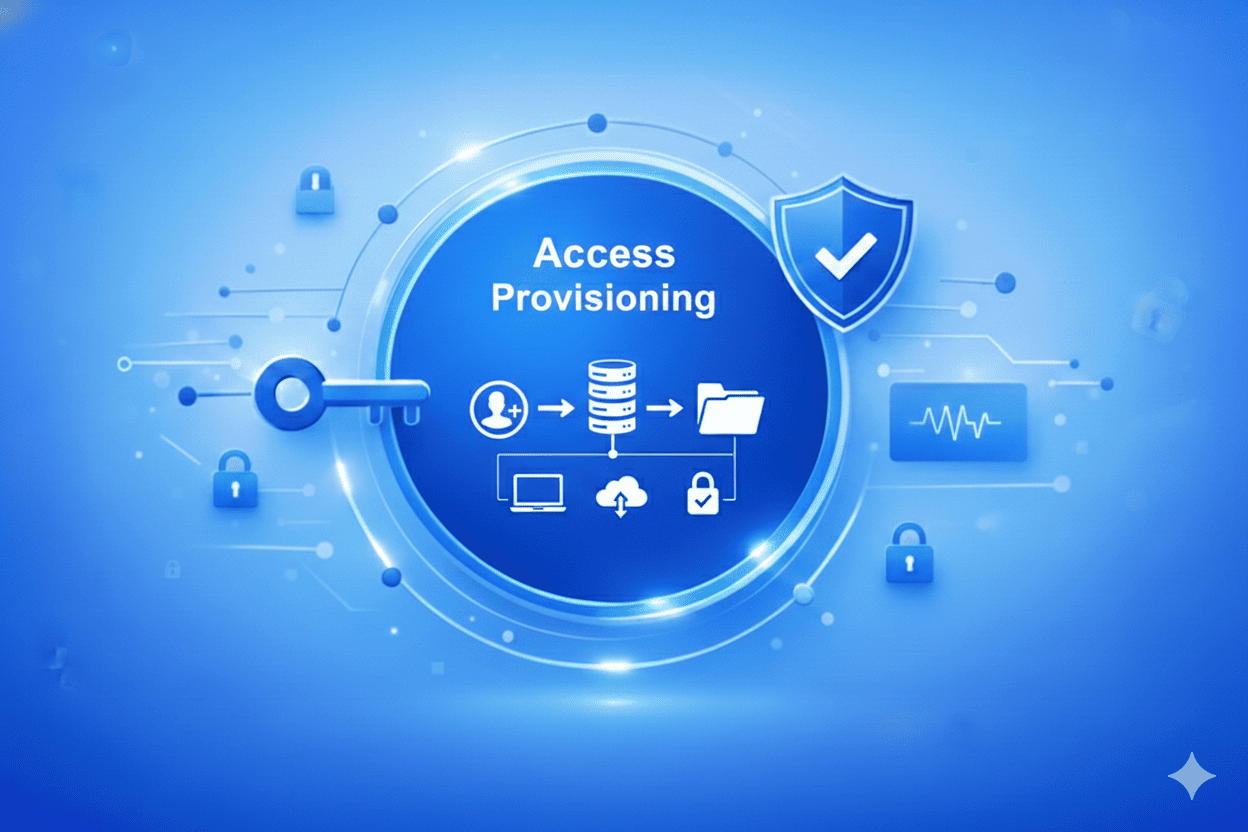RFID in Healthcare: Tracking What Matters, When It Matters Most
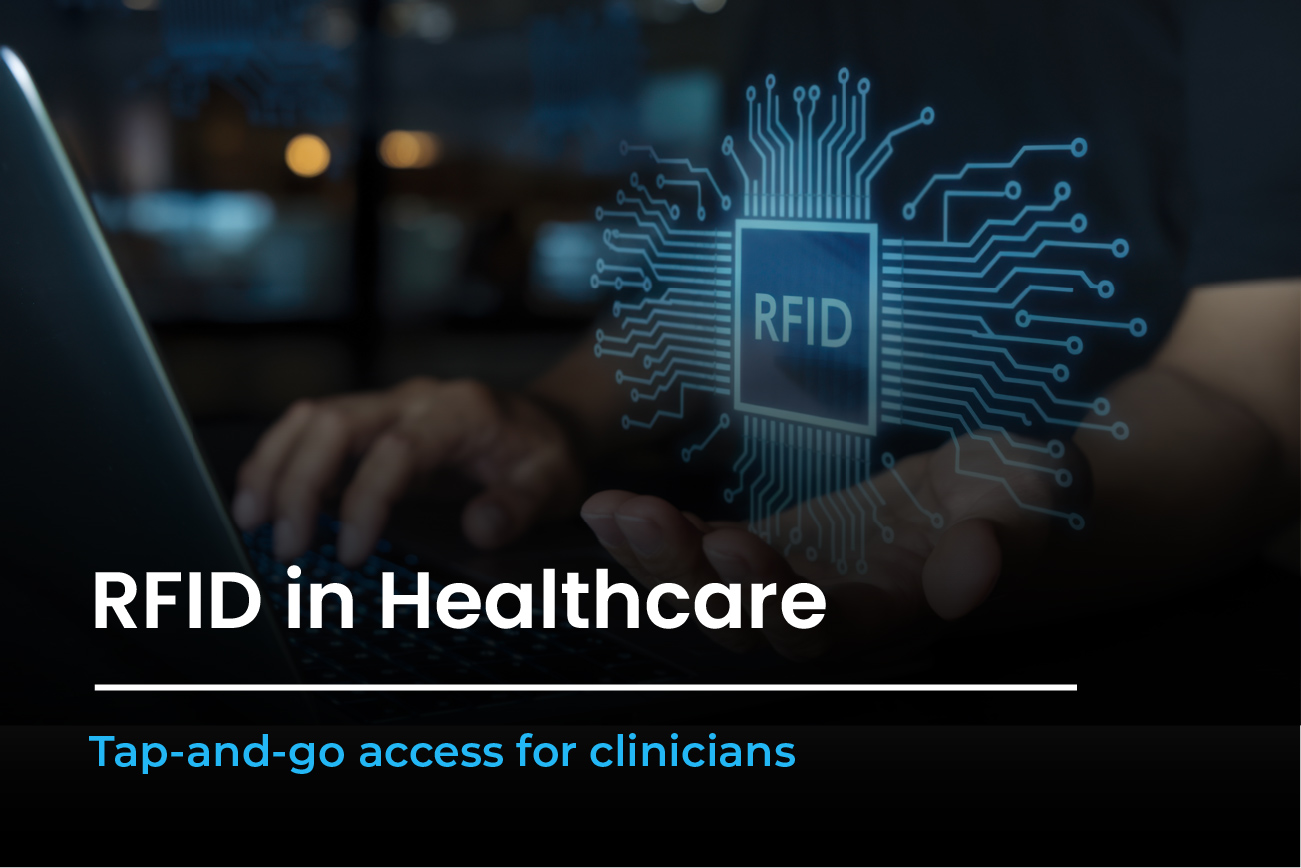
We’ve seen healthcare undergo massive digital transformation in the past decade, but one technology that still flies under the radar for many hospital leaders is RFID in healthcare. You’d think with the pressure on staff, the rise in patient loads, and constant inventory issues, hospitals would be racing to adopt anything that promises automation and real-time visibility. And yet, many still rely on barcodes and spreadsheets.
Hospitals struggle with the hidden inefficiencies of day-to-day operations like tracking down missing equipment or managing supplies manually. These challenges may seem small individually, but they add up quickly in both time and cost. RFID authentication technology in healthcare offers a way to solve these problems with real-time visibility and automation without overhauling the entire system.
Let’s unpack what RFID in healthcare industry really looks like, what’s working across hospitals, and how to make it part of your infrastructure without breaking the system or your budget.
What Is RFID in Healthcare?
RFID, or radio frequency identification in healthcare, uses radio waves to wirelessly track items or people. In a typical hospital setup, an RFID login system includes:
- Passive tags attached to assets (equipment, meds, badges)
- Fixed or mobile readers to scan the tags
- Software that interprets reads and updates dashboards or EMRs
Unlike barcodes, RFID doesn’t require line of sight. That means you can scan a sealed medication tray or locate a wheelchair without interrupting care. This foundational setup makes RFID solutions for healthcare industry more practical and scalable than many expect
Why Healthcare Needs RFID Now?
Healthcare organizations face constant pressure to cut costs while improving outcomes. Rising expenses, staffing challenges, and complex regulations have made operational efficiency non-negotiable. While RFID isn’t a cure-all, it helps eliminate the kinds of silent inefficiencies that bleed time and money.
Common issues we see in the RFID in healthcare industry include:
- Staff wasting time locating misplaced or hoarded assets
- Medications expiring due to lack of real-time visibility
- Inventory stockouts disrupting clinical care
These are not rare exceptions; they’re systemic problems. That’s why healthcare RFID solutions are gaining traction across clinical environments.
Benefits of RFID in Healthcare
1. Improved Patient Safety
One of the greatest benefits of RFID in healthcare industry is increased patient safety. With RFID medical tags embedded in wristbands and medication trays, clinicians can ensure:
- Accurate patient identification
- Medication matching via lot and expiry scans
- Post-operative documentation of administered drugs
When implemented well, RFID and healthcare safety go hand in hand. In the RFID in medical industry, patient safety remains a top driver for adoption, especially in high-acuity environments like ICUs and surgical units.
2. Real-Time Asset Tracking
Need to find a missing infusion pump? RFID in medical industry settings like ICUs and emergency departments helps staff pinpoint equipment in real time. Some systems even use handheld readers that beep louder as staff get closer to the item.
The result: faster workflows, fewer delays, and better asset utilization.
3. Smarter Supply Chain & Inventory
RFID technology in healthcare also improves inventory control. Hospitals can:
- Automate replenishment based on real-time stock
- Reduce expired product waste
- Monitor usage trends for budgeting and planning
Fresenius Kabi is a standout among RFID healthcare companies, integrating RFID-tagged medications directly into hospital supply chains to improve safety and compliance.
4. Streamlined Clinical Workflows
In surgical settings, RFID medical trays allow for tray content validation in seconds. Instead of checking each item manually, staff can scan an entire tray to ensure readiness.
Beyond the OR, hospitals use RFID solutions for healthcare industry to optimize room turnover, track patient transfers, and even alert when staff enter restricted zones.
5. Audit Readiness and Compliance
Radio frequency identification in healthcare supports automated logging of asset usage, maintenance, and location, all essential for compliance with the Joint Commission and FDA audits. Hospitals using health RFID gain transparency and accountability without added manual effort.
Use Cases that are Already Working
Here are a few standout RFID examples in healthcare:
- Medication Management: RFID-tagged trays help validate med prep before surgery.
- Patient Tracking: RFID wristbands sync with EMRs to monitor patient location and care progress.
- Equipment Monitoring: Tags track device location, usage cycles, and sterilization.
- Access Control: RFID badges manage entry to restricted areas and improve shift logging.
These use cases highlight the strength of RFID in medical industry workflows where automation can relieve clinical burden. It’s another proof point of the powerful link between RFID and healthcare efficiency.
Getting Technical: What you Need to Know
Infrastructure and Hardware
Most modern RFID healthcare systems combine fixed readers, handheld devices, cloud dashboards, and EMR integrations. Kubernetes-based platforms provide the scale and uptime hospitals need.
Tag Selection & Placement
Specialized tags are critical, especially in sterile or moisture-heavy environments. Testing different tag types ensures consistent performance for your RFID medical assets.
Reader Calibration
Environmental factors like metal and Wi-Fi interference require thoughtful setup. Once tuned, RFID in healthcare systems offer reliable performance without daily maintenance.
System Integration
Through REST APIs, RFID data flows into EMRs, inventory platforms, and billing systems. Automated actions like reorder triggers can be tied to tag events, improving efficiency behind the scenes.
What’s Holding Some Hospitals Back?
Despite the clear benefits of RFID in healthcare, adoption can lag due to:
- Cost: Initial setup isn’t cheap, but ROI often appears quickly.
- Complexity: Implementation requires IT-clinical coordination.
- Privacy: Systems must encrypt data and meet HIPAA standards.
None of these challenges are insurmountable. But they do require planning and the right partner.
Best Practices for Getting Started
- Start Small: Pilot RFID in a high-impact workflow
- Standardize: Use interoperable tag standards
- Train Staff: Build comfort and confidence early
- Involve Clinicians: Their buy-in matters
- Measure Results: Track time saved, and errors reduced
Where AuthX Fits In?
At AuthX, we believe RFID and healthcare integration should go beyond asset tracking. We embed RFID into identity workflows to strengthen access, security, and compliance.
We offer:
- RFID-enabled authentication for secure login and med access
- Badge tap-to-access for EHR and workstation sessions
- Real-time policy enforcement based on location
- Audit-ready records, aligned with HIPAA and Joint Commission
- Seamless integration with your hospital’s EMR and inventory systems
Whether you’re starting small or scaling across departments, AuthX delivers flexible, enterprise-grade RFID healthcare solutions that evolve with your needs.
Final Thoughts
RFID in healthcare isn’t just a trend; it’s a tool for solving urgent, ongoing problems. From improving safety to streamlining inventory and audits, RFID is helping hospitals adapt to modern demands with precision and control.
The question isn’t if hospitals will use RFID. It’s when, and how well.
If your team is still relying on barcodes and best guesses, it’s time to rethink your approach. Let’s talk about what RFID can unlock for you.
FAQs
What is radio frequency identification in healthcare?
It refers to using RFID systems to track medical assets, medications, and patients automatically improving speed, safety, and accuracy.
What are some real-world RFID examples in healthcare
Hospitals use RFID to manage IV pumps, secure medication access, and monitor patient movement with wristbands.
Why is RFID in medical industry growing so fast?
The need for automation, compliance, and better inventory management is driving adoption of RFID across hospitals and clinics.
How do healthcare RFID solutions help with compliance?
They automatically log maintenance, asset use, and location data, ensuring readiness for audits and meeting regulatory standards.
Are there specific RFID healthcare companies to consider?
Yes, vendors like AuthX offer integrated identity and access control, while others focus on supply chain or pharmacy tracking.

